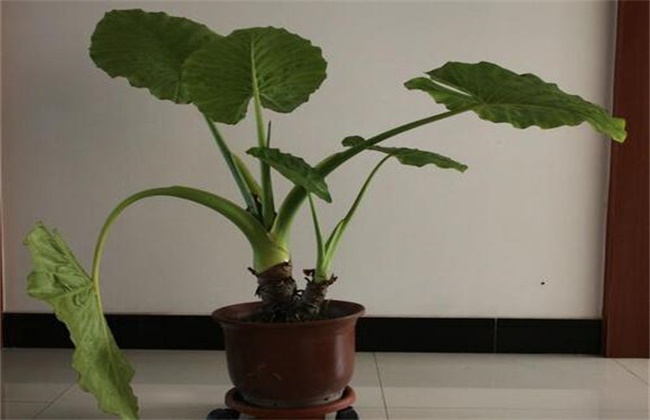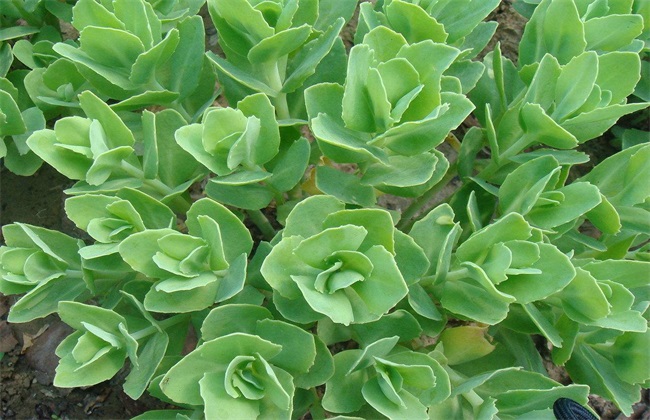Culture methods and matters needing attention of Phalaenopsis
Phalaenopsis is a common flower plant of Orchidaceae, which is distributed all over China and is an epiphytic flower. Phalaenopsis flowers are shaped like butterflies, so they are named Phalaenopsis. The ornamental value of Phalaenopsis is very high, and Phalaenopsis can absorb air as a nutrient to grow. So how to cultivate Phalaenopsis? What are the precautions? The following editor will give you a brief introduction, let's have a look!

1. Matrix preparation
Phalaenopsis is a kind of epiphytic flowers, which generally grow on rocks in the form of aerial roots, and can absorb water and nutrients through the air. Therefore, the planting substrate of Phalaenopsis should be based on soft and breathable materials, such as water moss, bark and so on. Phalaenopsis seedlings can also be directly fixed on charcoal, allowing it to grow freely, but pay attention to control the PH value, about 6.5. If you want to grow in containers on a large scale, it is best not to choose common plastic pots. Mainly bamboo utensils and so on. After planting, the seedlings should be placed on the shelf in time to promote the growth of aerial roots.
2. Cultivation and management
After buying the seedlings, put them on the flower rack for about 7 days, so that the seedlings can adapt to the surrounding environment as soon as possible. Then soak the seedlings in carbendazim solution for about 3 minutes. After soaking, wash the seedlings with water, clean the culture medium attached to the seedlings, and wash them again, otherwise the seedlings are easy to mildew. After sterilization, the seedlings should be planted with water moss, soak the water moss for 4 hours to spread it, and then sterilize. Then wrap the root of the seedling with water moss, put it in a basin, place the basin in a semi-shady place, and the relative humidity is controlled at about 75%. It is not suitable to water within 3 days after planting, and then do a good job of ventilation and watering.
3. Water and fertilizer management
In the peak growth period of Phalaenopsis, we should pay attention to increase the amount of water and fertilizer properly, control the concentration of fertilizer and water, and take a small amount of water for many times as the principle. If the temperature exceeds 15-32 degrees, then stop fertilizing. When topdressing, it is necessary to cross-use root topdressing and extra-root topdressing. After entering July, an appropriate amount of compound fertilizer was applied every month to irrigate the roots. After August, liquid fertilizer is applied every half a month. Finally, in October, we should pay attention to control the amount of fertilizer and water, promote the formation of flower buds, and mainly apply phosphorus and potassium fertilizer outside the root.
4. Points for attention
The temperature requirement of Phalaenopsis is relatively high, and the temperature should not exceed 30 degrees when planting. Reasonable control is carried out according to the size of Phalaenopsis. At night, the small noodles are controlled at 23 degrees and the seedlings are controlled at about 20 degrees. When promoting flowers, the temperature should be lowered appropriately, 22 degrees during the day and 18 degrees at night. After blooming the first flower, it is necessary to raise the temperature appropriately, adjust the temperature to 26 degrees during the day, and keep the temperature difference between day and night at about 5 degrees. Then in the vegetative growth stage of Phalaenopsis, the humidity should be controlled above 90%, reduced to about 75% during flowering, and not less than 50% after flowering.
The above is a brief introduction of Phalaenopsis culture methods and matters needing attention. The culture method of Phalaenopsis is relatively simple, but we should also pay more attention to strengthen management and improve the ornamental value of Phalaenopsis. That's all for today's introduction. This article is for reference only. Thank you for your reading and support.
Related
- Fuxing push coffee new agricultural production and marketing class: lack of small-scale processing plants
- Jujube rice field leisure farm deep ploughing Yilan for five years to create a space for organic food and play
- Nongyu Farm-A trial of organic papaya for brave women with advanced technology
- Four points for attention in the prevention and control of diseases and insect pests of edible fungi
- How to add nutrient solution to Edible Fungi
- Is there any good way to control edible fungus mites?
- Open Inoculation Technology of Edible Fungi
- Is there any clever way to use fertilizer for edible fungus in winter?
- What agents are used to kill the pathogens of edible fungi in the mushroom shed?
- Rapid drying of Edible Fungi



